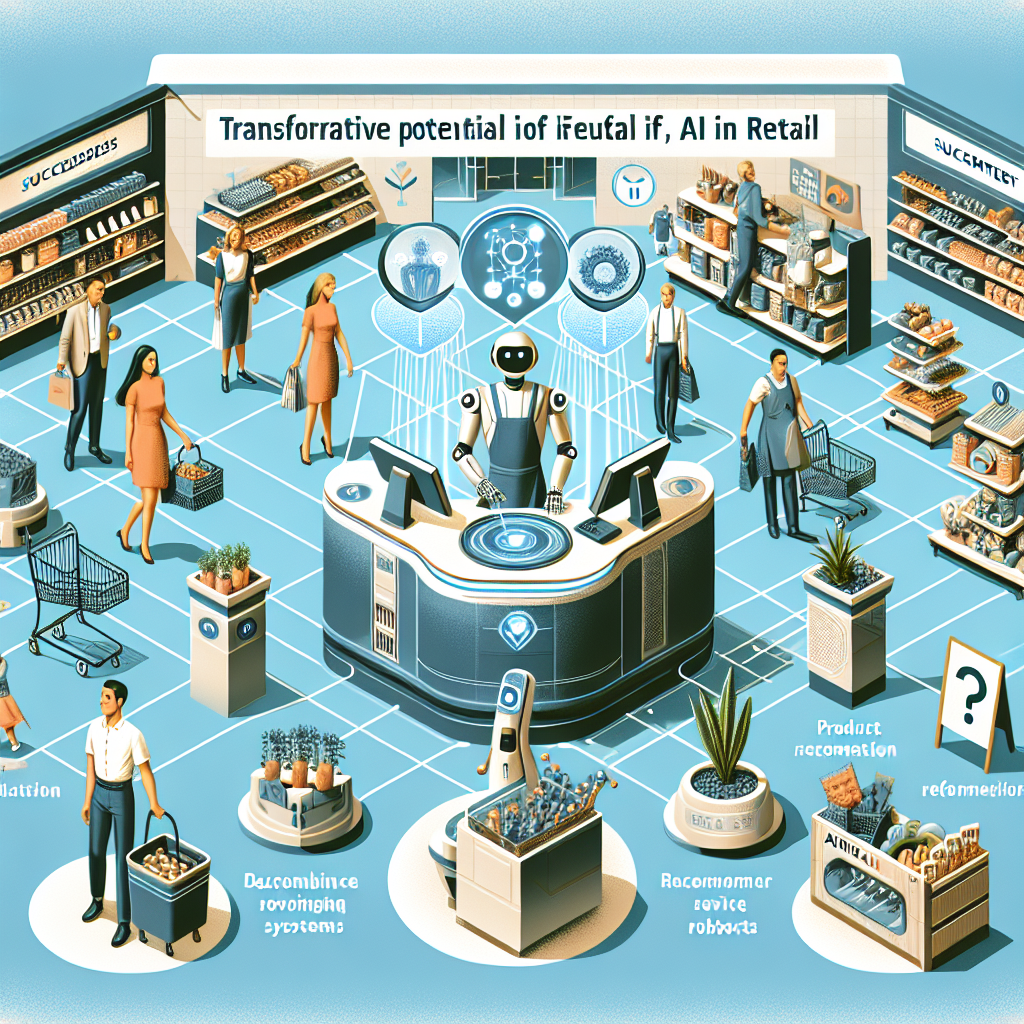Unlocking NLP Potential with Hugging Face's Transformers: A Technical Deep Dive and Applications

```html
The landscape of Artificial Intelligence (AI) development is expansive and continuously evolving. Developers and researchers rely on various tools and frameworks to build, deploy, and manage AI models effectively. One toolkit that has been gaining traction for its simplicity and robustness is Hugging Face's Transformers library. Hugging Face has become synonymous with state-of-the-art Natural Language Processing (NLP). In this post, we'll explore the technical details of the Transformers library and delve into its diverse applications.
1. What is Hugging Face's Transformers Library?
Hugging Face's Transformers library is an open-source, Python-based library providing pre-trained models for processing textual data. It covers a wide range of tasks, from text generation and question answering to sentiment analysis and language translation.
Technical Details:
- Supports multiple models, including BERT, GPT-3, RoBERTa, and T5.
- Provides integration with popular frameworks such as PyTorch and TensorFlow.
- Offers APIs for straightforward usage and implementation, including the
pipelineAPI for rapid prototyping. - Features over 20,000 pre-trained models that can be fine-tuned on custom datasets.
2. Getting Started with Transformers
Starting with Hugging Face's Transformers library is simple and intuitive. Let's look at how to set up the library and use a pre-trained model for a basic task such as sentiment analysis.
Technical Overview:
- First, install the library using pip:
- Next, import the pipeline API and load a pre-trained model for sentiment analysis:
- This simple code snippet downloads the pre-trained model and uses it to analyze the sentiment of the input text, returning the label and confidence score.
from transformers import pipeline
classifier = pipeline('sentiment-analysis')
result = classifier('I love using Hugging Face!')[0]
print(result)pip install transformers3. Applications of Hugging Face's Transformers
Hugging Face's Transformers library has been pivotal in various real-world applications, enhancing efficiency and advancing NLP research. Here are a few specific examples:
Real-World Applications:
- Chatbots and Virtual Assistants: Companies like Microsoft and IBM use Hugging Face models to power their conversational agents, making them more context-aware and capable of understanding and generating human-like text.
- Content Moderation: Social media platforms employ Transformers to detect inappropriate content, automatically flagging or removing harmful posts.
- Medical Research: Researchers utilize BERT and other models to extract valuable information from medical literature, aiding in tasks such as drug discovery and disease diagnosis.
- Translation and Localization: Hugging Face's models are used to develop more accurate and nuanced translation systems, essential for global businesses.
4. Success Stories
Many companies have successfully leveraged Hugging Face's Transformers library to gain a competitive edge. Here are a few notable examples:
- Grammarly: By integrating Hugging Face models, Grammarly enhanced its grammar and style checking capabilities, providing more contextually relevant suggestions to users.
- EleutherAI: The organization used the library to develop GPT-Neo, an open-source language model aimed at democratizing access to powerful NLP tools.
5. Lessons Learned and Best Practices
While Hugging Face's Transformers library is powerful, there are essential lessons and best practices for optimal use:
- Model Selection: Choose the model that best fits the specific task. BERT is great for text classification, while GPT models excel in text generation.
- Fine-Tuning: Fine-tuning pre-trained models on your dataset can significantly improve performance for domain-specific tasks.
- Performance Optimization: Use techniques like quantization and distillation to reduce the model size and increase inference speed, essential for deployment in production environments.
- Community and Resources: Leverage the extensive documentation, tutorials, and community forums available through Hugging Face for continuous learning and support.
Conclusion
Hugging Face's Transformers library is a versatile and powerful toolkit for NLP tasks. Whether you're a researcher pushing the boundaries of what's possible or a developer looking to integrate state-of-the-art language models into your application, Transformers provide a seamless and robust solution. By understanding the technical details and leveraging the diverse applications of this library, you can harness the full potential of AI and NLP to drive innovation and success.
```



